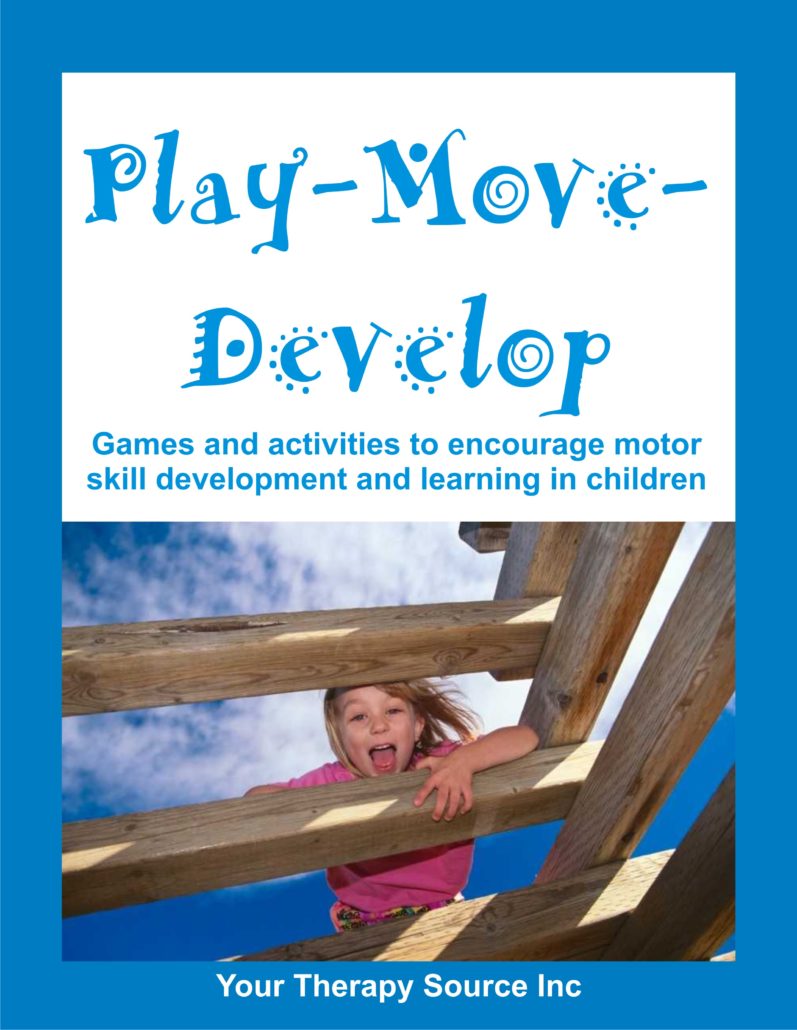Gross Motor Skill Delays, Behavior and Quality of Life for Children with Autism
 Gross Motor Skill Delays, Behavior and Quality of Life for Children with Autism
Gross Motor Skill Delays, Behavior and Quality of Life for Children with Autism
Physical Therapy published research to determine the associations between gross motor skill delays, behavior and quality of life for children with autism spectrum disorder (ASD). Using a cross-sectional, retrospective analysis data was collected from 3253 children (2-6 years old) with ASD. The following data were analyzed:
- Vineland Adaptive Behavior Scales, 2nd edition, gross motor v-scale score (VABS-GM) to indicate gross motor skill delays.
- Child Behavior Checklist (CBCL) to indicate problem daytime behavior.
- Pediatric Quality of Life Inventory (PedsQL) to assess the quality of life.
The results regarding the associations between gross motor skill delays, behavior and quality of life for children with autism spectrum disorder indicated the following:
- mean VABS-GM was 12.12 (SD = 2.2), representing performance at or below the 16th percentile for gross motor skills.
- the internalizing CBCL t score decreased with increasing VABS-GM (problem daytime behaviors decreased with increase in gross motor scores)
- total and subscale PedsQL scores increased with increasing VABS-GM (quality of life increased with increase in gross motor skills).
- CBCL internalizing and externalizing t scores decreased with increasing PedsQL total score (problem daytime behaviors decreased with an increase in quality of life).
- The associations between CBCL internalizing or externalizing t scores and PedsQL were significantly modified by VABSGM.
The researchers concluded that gross motor delays were independently associated with problem daytime behaviors and quality of life in children with ASD. Children with problem daytime behaviors exhibited greater gross motor delays. The researchers recommended that these children may be most appropriate for early physical therapist evaluation.
Reference: Hedgecock, J. B., Dannemiller, L. A., Shui, A., Rapport, M. J., & Katz, T. (2018). Associations of Gross Motor Delay, Behavior, and Quality of Life in Young Children With Autism. Physical therapy.
Read more on Gross Motor Skills, Postural Stability, and Autism.
Read more on motor skills and autism severity.
Need ideas to encourage gross motor skill development in children? Play – Move – Develop inlcudes 100 reproducible games and activity ideas to encourage motor skill development and learning in children. A great resource for fun, home exercise program activities.

 Gross Motor Skill Delays, Behavior and Quality of Life for Children with Autism
Gross Motor Skill Delays, Behavior and Quality of Life for Children with Autism


